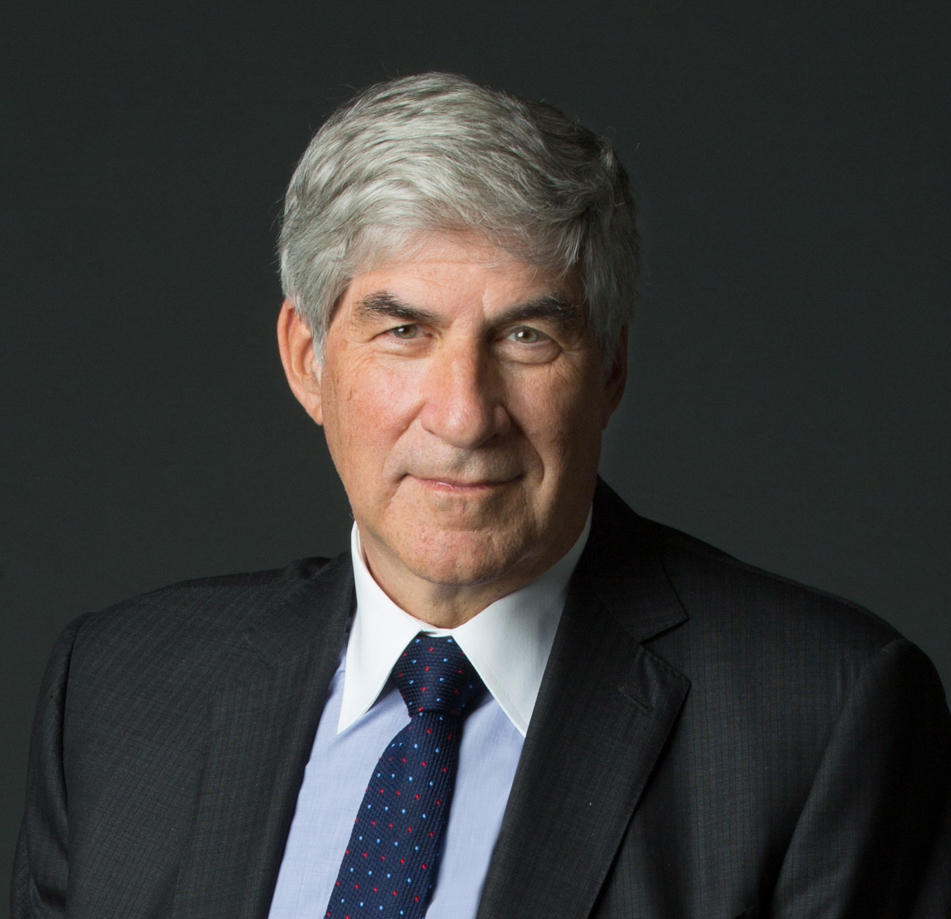
|
|
Photo Credit: Rosalie O’Connor |
Bruce Kovner has been a prominent figure in the investment world and a committed philanthropist for more than three decades. After leaving the pioneering hedge fund he founded, Caxton Associates, Mr. Kovner today is chairman of CAM Capital, which invests his private assets, and of the Kovner Foundation, which manages his philanthropic activities.
Mr. Kovner formed Caxton Associates in 1983 and was its CEO for 28 years, retiring in 2011. With his long-time partner Peter D’Angelo in charge of Caxton’s operations, Mr. Kovner concentrated on trading the financial and commodity markets based on his views of macroeconomic conditions. Over time Caxton became one of the world’s largest and most successful macro hedge funds, with $12 billion in assets, and with an average net annual return of over 21%.
Mr. Kovner was born in Brooklyn, N.Y., in 1945. His parents, children of Eastern European immigrants, struggled through the depression and in 1953 moved the family to suburban Los Angeles, where Bruce attended public schools and excelled. At Van Nuys High School, he was a National Merit Scholar, played varsity basketball and was elected both Class President and Student Body President in his senior year. He led student protests against segregated luncheon counters at Woolworths and organized initiatives to acquire and send books and educational materials to secondary schools in Kenya.
Inspired by John F. Kennedy to explore a career in public policy, Mr. Kovner attended Harvard on a scholarship grant. In Cambridge he studied government and economics and was particularly influenced by a trio of Harvard professors: Henry Kissinger, Edward Banfield and James Q. Wilson. Encouraged by Banfield and Wilson to follow their footsteps into academia, Mr. Kovner enrolled in the Kennedy School of Government to study for a Ph.D. in political science. He was the first V.O. Key Fellow of the newly created Joint Center for Urban Studies of Harvard and the Massachusetts Institute of Technology, where he worked with its first director, Daniel Patrick Moynihan. After four years, having completed the course work and examinations for a PhD, Mr. Kovner decided to leave academic life behind to explore other career paths.
Over the next few years, Mr. Kovner worked on political campaigns and as a Congressional aide, travelled, and joined his mentor, Prof. Banfield, at the University of Pennsylvania for teaching and research assignments. In 1976 Mr. Kovner found a different calling. Introduced by a family friend to the financial markets, Mr. Kovner began an intensive program of self-study into the history and nature of currency, commodity and debt markets. After more than a year of study, Mr. Kovner borrowed $3,000 from his Master Charge account and began trading futures. Successfully trading his own capital, he was hired as a senior trader by Commodities Corporation (a ‘proto-hedge fund’ later acquired by Goldman Sachs). Six years later, Mr. Kovner set up Caxton as one of the first modern macro hedge funds. Over the next 28 years, Mr. Kovner ran Caxton, earning tens of billions of dollars in profits for his investors.
Mr. Kovner’s interest in philanthropy developed in the late 1980s and 1990s. It centered first on the American Enterprise Institute, a Washington think tank where his friend and fellow Harvard classmate Chris Demuth was serving as president. Mr. Kovner joined the board of AEI in 1988 and served for six years as chairman of the board, where he remains active today.
Mr. Kovner’s commitment to music and arts organizations began in the mid-1990s, when he joined the board of the Juilliard School. He has served as Chairman of the Board of Trustees since 2001. Mr. Kovner also serves as vice-Chairman of Lincoln Center, where he was one of the leaders of the $1 billion Bravo Campaign to renovate and reinvigorate the New York center for the arts. He also serves on the Board of the Metropolitan Opera and has served on the Board of the New York Philharmonic. As part of this leadership, Mr. Kovner and his family foundation have given hundreds of millions of dollars to these institutions.
For more than two decades, Mr. Kovner has been devoted to improving education to the underserved populations of New York and the nation. He helped organize the School Choice Scholarship Foundation to provide thousands of vouchers to low-income students to attend private schools of their choice and advocated successfully for legislation to allow public charter schools to operate in New York State. Mr. Kovner has supported charter schools and charter networks extensively over the years. He has been particularly active in supporting Success Academy, one of the most successful charter school networks, where his wife Suzie serves on the board. The Kovners also support numerous other charter schools and scholarship organizations and fund a number of scholarship efforts directly.
His commitment to education reform and equal justice for all has also led him to support the Institute for Justice, a public interest law firm and the leading judicial defender of school choice in the United States; the Innocence Project and Centurion Ministries, both of which are devoted to freeing the wrongfully convicted, and Lambda Legal, devoted to civil rights for gay men, lesbians, and others. Mr. Kovner is a member of the Council on Foreign Relations and of the American Academy of Arts and Sciences.
Mr. Kovner has three children and lives with his wife Suzie in Hobe Sound, Florida.